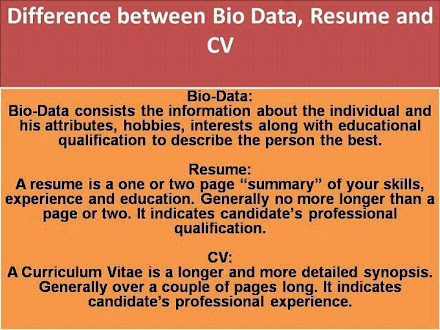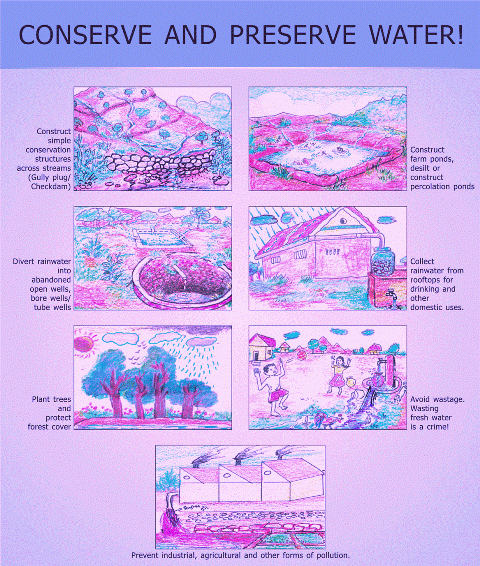Tsunami communities reborn - Rebuilding livelihoods better than before
Source: Food and Agriculture Organization of the United Nations (FAO)
Date: 05 Jan 2006
Date: 05 Jan 2006
For the fishers and farmers working along the Indian Ocean, extreme weather has long been an adversary. During the monsoon roads become flooded and impassable, and seaside communities are isolated from markets for their products. Deep-sea fishers brave storms in fragile craft to bring home their catch, and rice farmers suffer through seasons without rain. Drinking water is often scarce.
None of these hardships prepared poor fishers and farmers for the devastation wrought when a massive tsunami crashed without warning onto the shores of 12 Indian Ocean nations on 26 December 2004, ripping through towns and villages, killing 200 000 people and leaving nearly one million homeless.
Livelihoods were shattered, schools flattened and of.ces destroyed. Freighters were washed inland, harbours disappeared and fishing vessels snapped like matchsticks.
The geography of affected coastlines was transformed. In some areas as much as 98 percent of mangrove forests, breeding grounds for fish, crabs and prawns, disappeared. In others nature created new problems. In Sri Lanka, crocodiles invaded farms and rangeland, threatening humans and cattle.
The global response to the tsunami was one of the most generous in history. Funds and relief poured into Indonesia, Sri Lanka and Thailand the hardest hit countries. Non-governmental organizations (NGOs) launched operations in affected areas as far-flung as the Maldives atolls and Somalia. Governments allowed waves of foreign aircraft to land urgently needed medical supplies, tents and food. Only India was able to decline initial offers of assistance and even sent relief to Sri Lanka.
Some accuse authorities of failing to meet survivors’ expectations. At times internecine conflict has hampered the return to normal life. It is acknowledged that bureaucracy slowed down recovery in the initial stages, and frequently coordination between donors, ministries and other agencies was inadequate.
In the year after the carnage, however, significant progress has been made in feeding and housing survivors and clearing debris from fish ponds and fields to allow farmers to resume work. Much remains to be done as emphasis shifts from relief to reconstruction and development.
This booklet profiles the rebuilding of livelihoods in fisheries and agriculture in Indonesia, the Maldives, Sri Lanka and Thailand. In interviews with the men building new fishing boats and the women planting new trees in the orchards where their loved ones died, a story of rebirth and hope emerges, with the generosity of both the national and international public playing a major role.







No comments:
Post a Comment